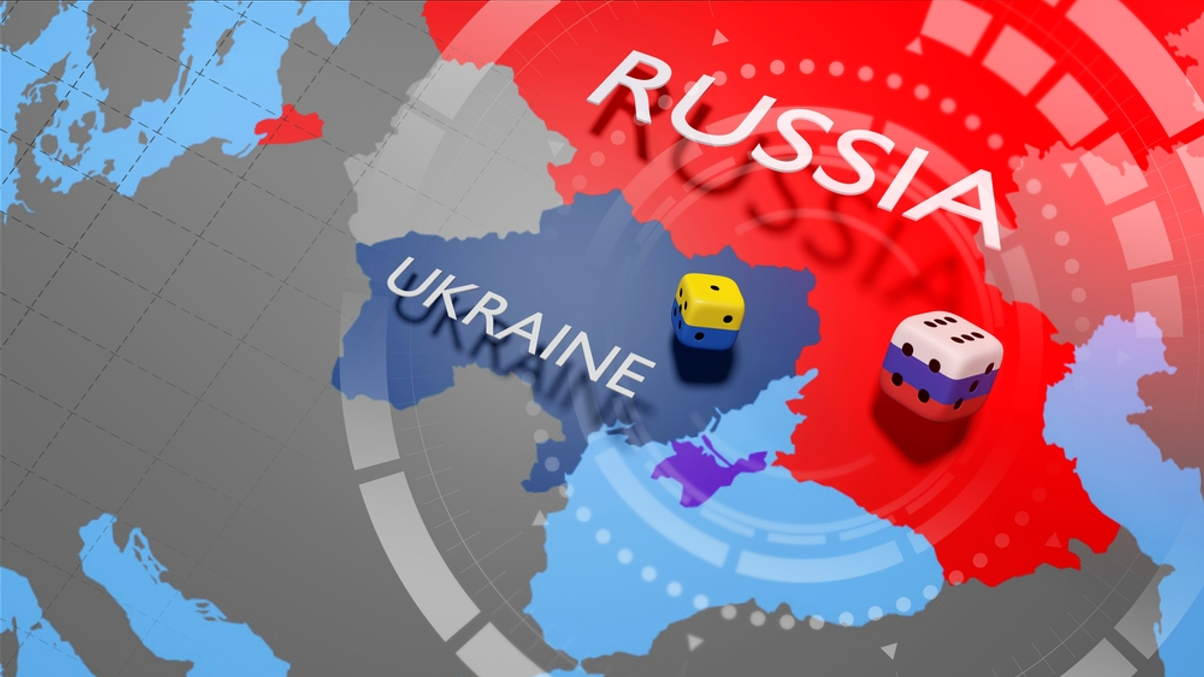Market Views: What effect will the Russia-Ukraine conflict have on Asian markets?
Asia’s markets have fallen in response to Russia's attack on Ukraine on February 24. We ask financial experts what else Asia Pacific markets should expect in the face of this conflict.

Asian stock markets fell heavily on February 24 following Russia's invasion of Ukraine. The Hang Seng index fell 3.4%, China’s CSI 300 slumped 2.1%, Korea’s Kospi is down 2.5% and the Topix is off 1.8%. Oil prices also jumped above $100 for the first time in eight years and the price of gold also spiked.
Sign in to read on!
Registered users get 2 free articles in 30 days.
Subscribers have full unlimited access to AsianInvestor
Not signed up? New users get 2 free articles per month, plus a 7-day unlimited free trial.
¬ Haymarket Media Limited. All rights reserved.


